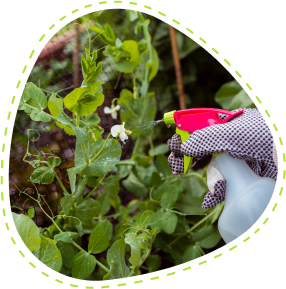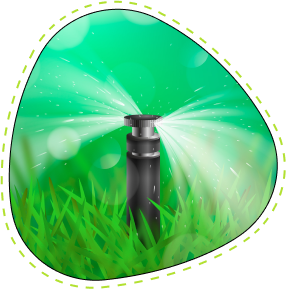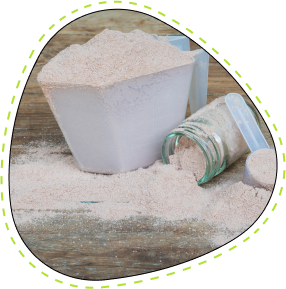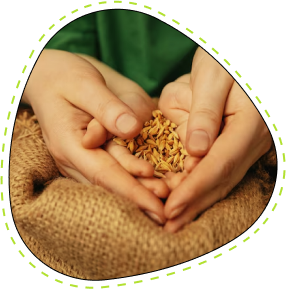


Arihant Group offers a variety of biopesticides that excel in performance, cost-effectiveness, and environmental sustainability compared to traditional chemical pesticides.
What are biopesticides?
Biopesticides are substances with pesticidal properties derived from natural living organisms such as microorganisms, plants, or animals. They can be broadly categorized into three main types:
Microbial pesticides: These biopesticides are produced by microorganisms like bacteria, viruses, or fungi. Each microbial pesticide is typically designed to target specific pests or a small group of species. They are versatile and can address a broad range of pest issues.
Biochemical/herbal pesticides: Naturally occurring substances in the environment, such as plant extracts and insect pheromones, fall under this category. These biopesticides may attract, trap, or interfere with pests’ biological processes. Botanical extracts that act against plant pathogens or pests are also included.
Plant-Incorporated Protectants (PIPs): PIPs are pesticides produced by genetically modified (GM) crops. They involve incorporating genetic material into plants to produce pesticidal substances. While derived from natural sources, their interference with the biochemistry of pests has sparked significant debate.
For natural and environmentally friendly pest control, farmers and growers often turn to microbial and biochemical pesticides. These can be applied similarly to synthetic pesticides but without the associated toxicity. At Arihant Group, our focus is on using natural microbial and biochemical biopesticides in our products to effectively manage pests while maintaining environmental safety.
How Microbial and Biochemical Pesticides Work
These biopesticides are commonly used as soil amendments or seed treatments to target specific plant areas. When microorganisms are introduced to the soil or plant surface, they release biochemical molecules that act on the pest-affected zones, such as the leaf, stem, or root rhizosphere.
One of the most widely utilized microbial pesticides is Bacillus thuringiensis (Bt), a bacterium that produces proteins toxic to specific insect larvae. Each strain of Bt targets particular pests, ensuring precision in pest management.
Advantages of biopesticides
Biopesticides offer several benefits compared to synthetic pesticides:
- Eco-friendly and Biodegradable: Biopesticides decompose rapidly, reducing the risk of pollution.
- Sustainable and Renewable: These materials are naturally abundant and align with ecological systems.
- Long-Term Effectiveness: Biopesticides often provide lasting benefits, as pests are less likely to develop resistance.
- Selective Targeting:They affect only the intended pests, sparing beneficial insects, birds, and mammals, including humans.
- Cost-Effective: They can be more economical in the long run due to their effectiveness in small quantities.
- Minimized Side Effects:Biopesticides interact with plants and the environment without causing harm or disruption.
In contrast, synthetic pesticides often introduce synthetic molecules unfamiliar to plants and the ecosystem. These chemicals can lead to adverse effects, such as abnormal growth, cellular damage, or environmental imbalances.
Why Choose Arihant Group’s Biopesticides?
With years of expertise in natural agricultural solutions, Arihant Group understands the complex interactions between plants and pesticide materials. Our biopesticide products harness the natural properties of microbial and biochemical agents to effectively control pests while promoting plant health and sustainability. By choosing biopesticides, you opt for a safer, predictable, and environmentally responsible approach to pest management.
Natural Protection for Crops
Biological crop protection effectively complements the use of chemical products. Farmers use natural organism to protect their crops from pests.








